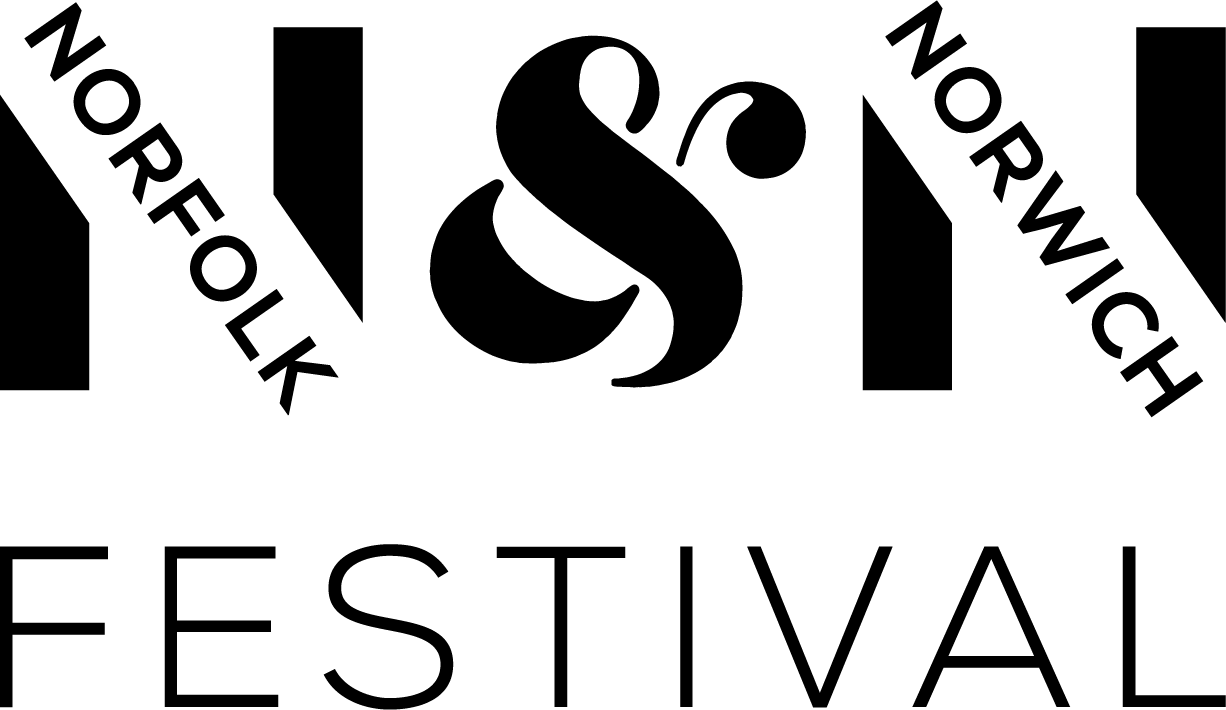Responding to the Ofsted consultation
The draft Ofsted Framework has got us thinking. Here is a real opportunity to highlight and to celebrate the richness of a curriculum which includes arts and culture as an essential part of what pupils do and its impact on how students learn and how they feel about their time in education.
So with a few days to go before the consultation closes, we are going to submit our response to the Ofsted consultation by this Friday 5 April 2019 and we hope that you will too…. if you haven’t already!
You can respond to the consultation online by clicking here
There are two sections of the consultation paper where you might like to include some of the following points:
Proposal 1: Quality of Education
Arts and culture to be judged part of a curriculum which is relevant, ambitious and of quality. Evidence shows that arts and culture supports all pupils, particularly disadvantaged pupils and including pupils with SEND, to gain the knowledge and cultural capital they need to succeed in life.
- Employability of students who study arts subjects is higher and they are more likely to stay in employment.
- Students from low-income families who engage in the arts at school are twice as likely to volunteer.
- Students from low-income families who engage in the arts at school are 20% more likely to vote as young adults.
The Case for Cultural Learning, The Cultural Learning Alliance
The Cultural Education Challenge, from the Arts Council ,asks schools to work in partnership to give young people the vital skills they need to become independent, curious, and active citizens. The components: creation, composition, performance; through the ability to visit, experience and participate; young people are able to gain knowledge and understanding about the world, review and challenge existing ideas and generate their own.
The curriculum needs to meet the needs of future learning and employment. 1 in 11 jobs is creative and the Creative Industries are growing at three times the rate of the wider UK economy. In the East of England creative industries generate over £5bn GVA, a growth of £35% in 6 years. Young people should have the opportunity to understand the range of opportunities open to them across the creative economy, as well as the skills and qualifications they need in order to succeed when they leave school.
Creative Industries Federation
Proposal 2: Separation of judgements – behaviours and attitudes and personal development
Transferable skills – things that equip pupils with a readiness to learn and the skills for the world of work are shown to be developed through Arts and Culture.
Positive and healthy behaviours, attitudes and skills. Through arts and culture, young people learn to co-operate with each other, to work towards a common goal, and celebrate collective achievement. The process nurtures individual talent and encourages independence, teamwork and leadership. Through it, children are able to test their skills and gain confidence and self-knowledge through the challenges of performance or self-expression. They learn to think and to question.
Health and wellbeing. People who take part in creative and cultural activities are 38% more likely to report good health and wellbeing. Arts and culture provides young people of all ages the opportunity to thrive through positive engaging and inclusive experiences, to develop positive relationships with friends and with adults, to explore the world and thier own identity safely, and to build a sense of purpose and aspiration. This is confirmed by international research.
Healthy Attendance? The Impact of Cultural Engagement and Sports Participation on Health and Satisfaction with Life in Scotland (Scottish Government Social Research, 2013
You can find more information to support your response in our handbook below. And if you only have time to say one thing about in the quality of education section, please say the following: A broad and balanced curriculum has to include Arts & Culture.
Download our Responding to the Ofsted Consultation handbook
